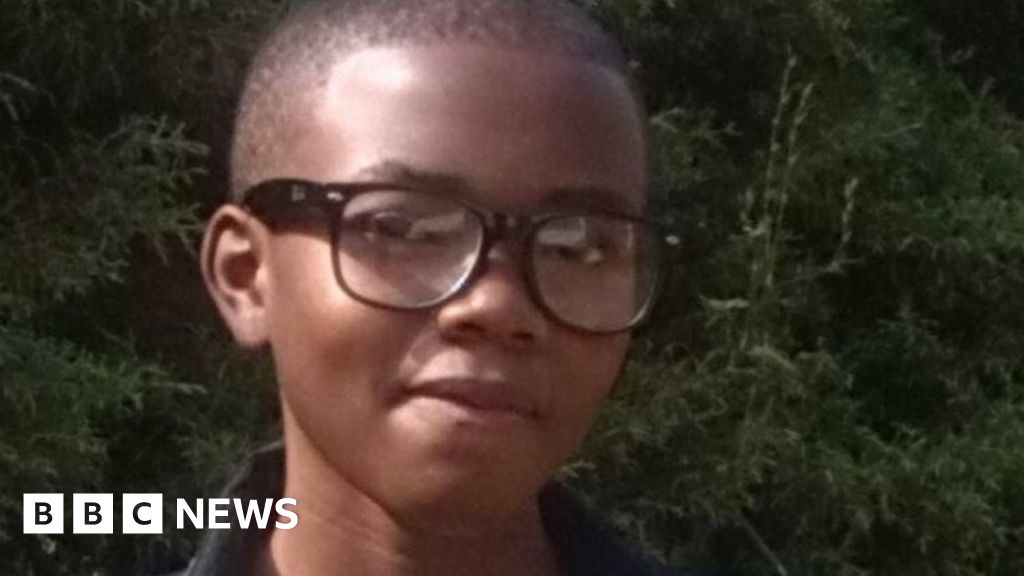The first African winner in Google’s annual coding competition is 370km (230 miles) from home, sitting outside his cousins’ house in the Cameroonian capital, Yaounde, because the government has cut off his hometown from the internet.
As cocks crow in the background, 17-year-old Nji Collins Gbah tells the BBC about the series of complex technical tasks he completed for Google between November and mid-January.
Nji had thrown himself into the contest, using knowledge gained from two years of learning how to code, mainly from online sources and books, as well as other skills he was picking up on the fly.
The prestigious Google Code-in is open to pre-university students worldwide between the ages of 13 and 17. This year more than 1,300 young people from 62 countries took part.
By the time entries closed, Nji had completed 20 tasks, covering all five categories set by Google. One task alone took a whole week to finish.
And then just a day after the deadline for final submissions, the internet went dead.
Nji lives in Bamenda in Cameroon’s North-West, a journey of about seven hours by road from the capital (according to Google).
It is an English-speaking region where there are long-held grievances about discrimination and what people see as the Francophone establishment’s failure to respect the status of English as an official language of Cameroon.
In recent months, disgruntlement has escalated into street protests and strikes by lawyers and teachers.



